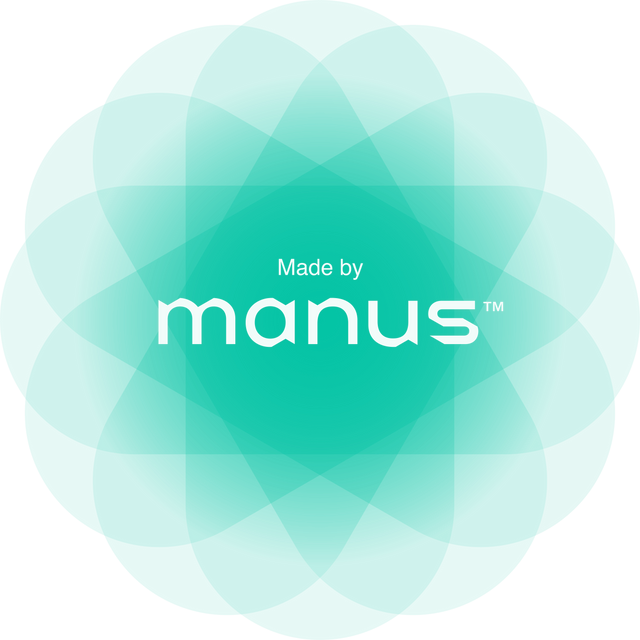Delivering the
Promise of BioAlternatives Today

in Boston, Massachusetts
Today, most complex molecules are extracted from plants, animals, or fossil fuels – with increasingly unstable supply and hugely negative environmental impacts.
Using synthetic biology (SynBio), we engineer living organisms as cell factories to replicate nature, creating cost-effective, reliable, and sustainable molecules for use in a wide range of everyday products.
These are bioalternatives.
And we are accelerating the transition across industries and value chains.
Just like Nature, Made by ManusTM
The chemical composition of the complex molecules made using our bioalternatives scale-up platform is identical to those found in nature.
BioAlternatives
have clear benefits:
More efficient, Made by Manus
Bioalternative cell factories are more productive and efficient compared to nature. This figure illustrates the improvement (more than 1000x) in the production of our bioalternatives.

>1000x
Made by Manus
BioIngredients:
BioAlternatives to Citrus Oils
BioIngredients that help stabilize supply while dramatically reducing resource intensity and improving sustainability.

Climate change and citrus greening are threatening citrus fruit supply worldwide. Through our BioAccelerator Program, we worked with Givaudan, one of the world’s largest flavor and fragrance companies, to develop and scale up a bioalternative to nootkatone, one of the rare components found in citrus fruits.
With approximately 400,000 kg of fruit required to produce just 1 kg of nootkatone oil, the future of this popular ingredient hangs in the balance.
BioNootkatone is the result of Givaudan’s analytical, flavor, and processing expertise combined with the successful application of our cell factory engineering platform, the BioOptimization Cycle™.
The process reduced the inputs and resources required to produce 1 kg of nootkatone oil to only a few kg of sugar, while taking a fraction of the time and energy. This makes the BioNootkatone products better performing and more sustainable alternatives to agricultural sourcing.
Our portfolio also includes Valencene 80 and Nootkatone 70 – two superior BioIngredients, produced from lab to manufacturing through our bioalternatives scale-up platform, that deliver extraordinary taste and experience while reducing dependency on volatile agricultural supplies. Reach out to learn more about these innovative bioalternatives.


Collaborating Across Industries to Develop BioAlternatives
We are enabling companies across industries to replace existing ingredients, materials, and chemicals with bioalternatives, helping boost supply chain resilience and reduce their environmental footprint.
Answers to your
most common questions
001
What is the difference between "bioalternatives" and "synthetic biology products"?

002
How does the cost of bioalternatives compare to traditional methods of sourcing chemicals and materials?

003
Are bioalternatives safe for human consumption?
















